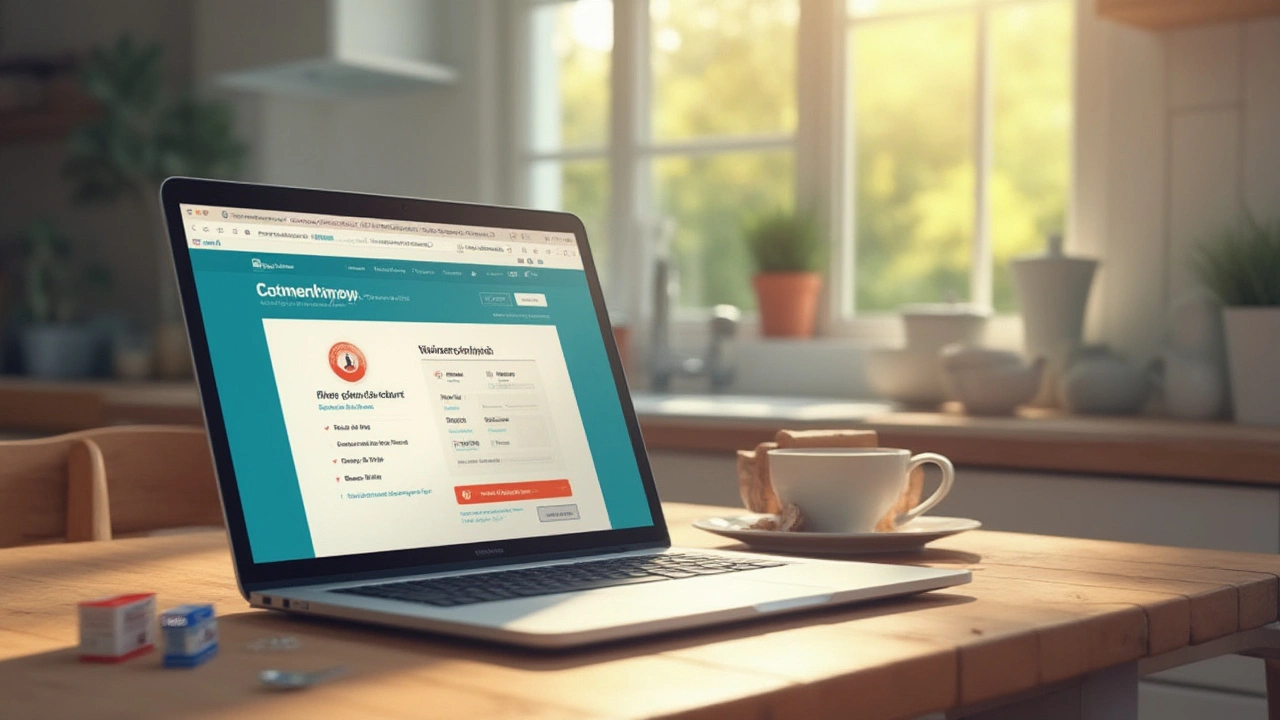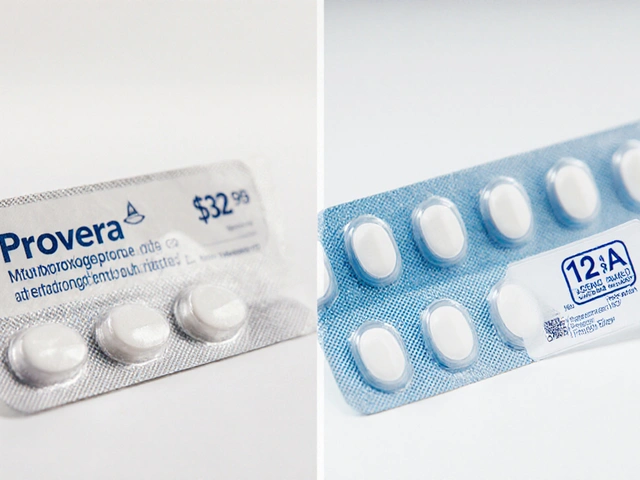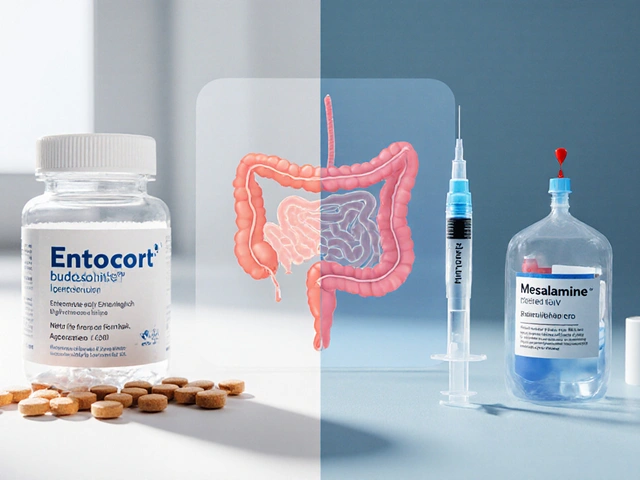Safe Online Pharmacies: How to Spot Legit Sellers Fast
Buying medicine online can save time and money — but it also comes with risks. Use simple checks to tell legit pharmacies from scams. These steps take minutes and protect your health and wallet.
Quick checks before you order
Look for a visible pharmacy license or registration number on the site. If you can’t find it, don’t buy. Next, check that the site requires a prescription for prescription drugs. Any site selling antibiotics, opioids, or other Rx meds without one is a red flag.
Find a real phone number and address. Call if you’re unsure. A working number that connects to a licensed pharmacist is a good sign. If the only contact is an email form or a chat bot, be skeptical.
Check security: the checkout page must use HTTPS (a padlock in the browser). Avoid sites that ask for payment by unsecured methods or only accept cryptocurrency for medical purchases.
Deeper verification
Use third-party verification. In the U.S., look for NABP/VIPPS or LegitScript listings. Other countries have similar registries — search "online pharmacy license" plus the country name. If a site claims a seal, click the seal to verify it links to the certifier.
Read recent user reviews outside the site — Reddit, Trustpilot, or pharmacy forums. Pay attention to complaints about fake meds, slow shipping, or no refunds. One bad review doesn’t prove anything, but a pattern does.
Compare prices carefully. Very low prices can mean counterfeit drugs. Match the active ingredient and dose on the product label to trusted sources. If the label omits batch numbers or manufacturer info, don’t order.
Watch for sloppy site content. Bad grammar, broken links, or copied text are signals the site may be low-quality or fraudulent.
Be cautious with international sellers. Different countries have different standards and import rules. Check local customs rules for prescription meds before ordering to avoid seized packages or legal trouble.
Keep records: save order confirmations, labels, and photos of the medicine when it arrives. If you suspect a counterfeit, report it to local health authorities and the platform you used.
When in doubt, ask a professional. Call your doctor or pharmacist with the product name and manufacturer. They can tell you if it looks right and whether an online source is trustworthy.
Want a reliable place to start? Use trusted directories or read guides on eDrugstore.com for vetted tips and links. Small checks now prevent big problems later.
Follow these steps and you’ll cut the odds of bad pills or scams. Stay cautious, verify sources, and keep your healthcare team in the loop when buying meds online.




